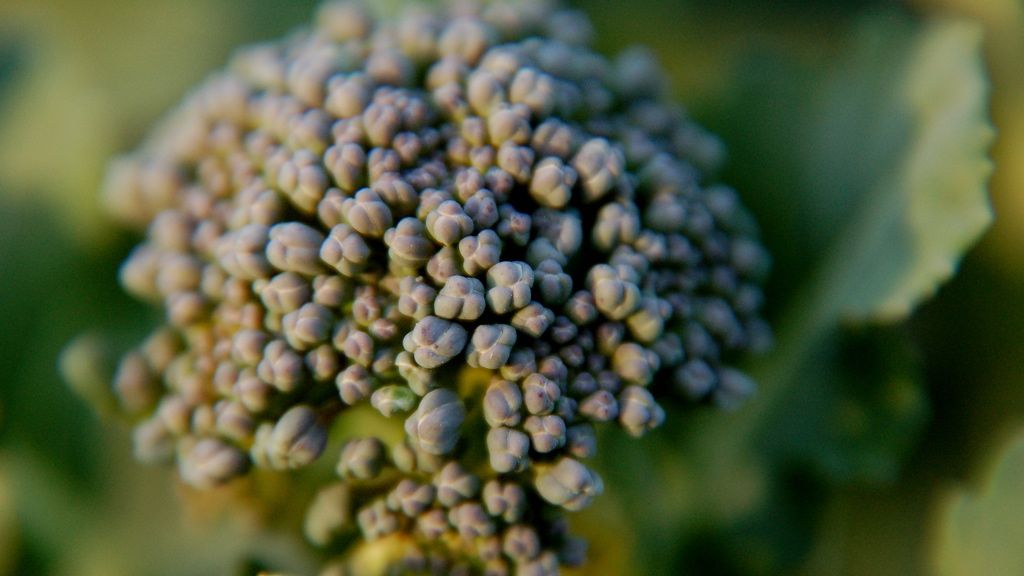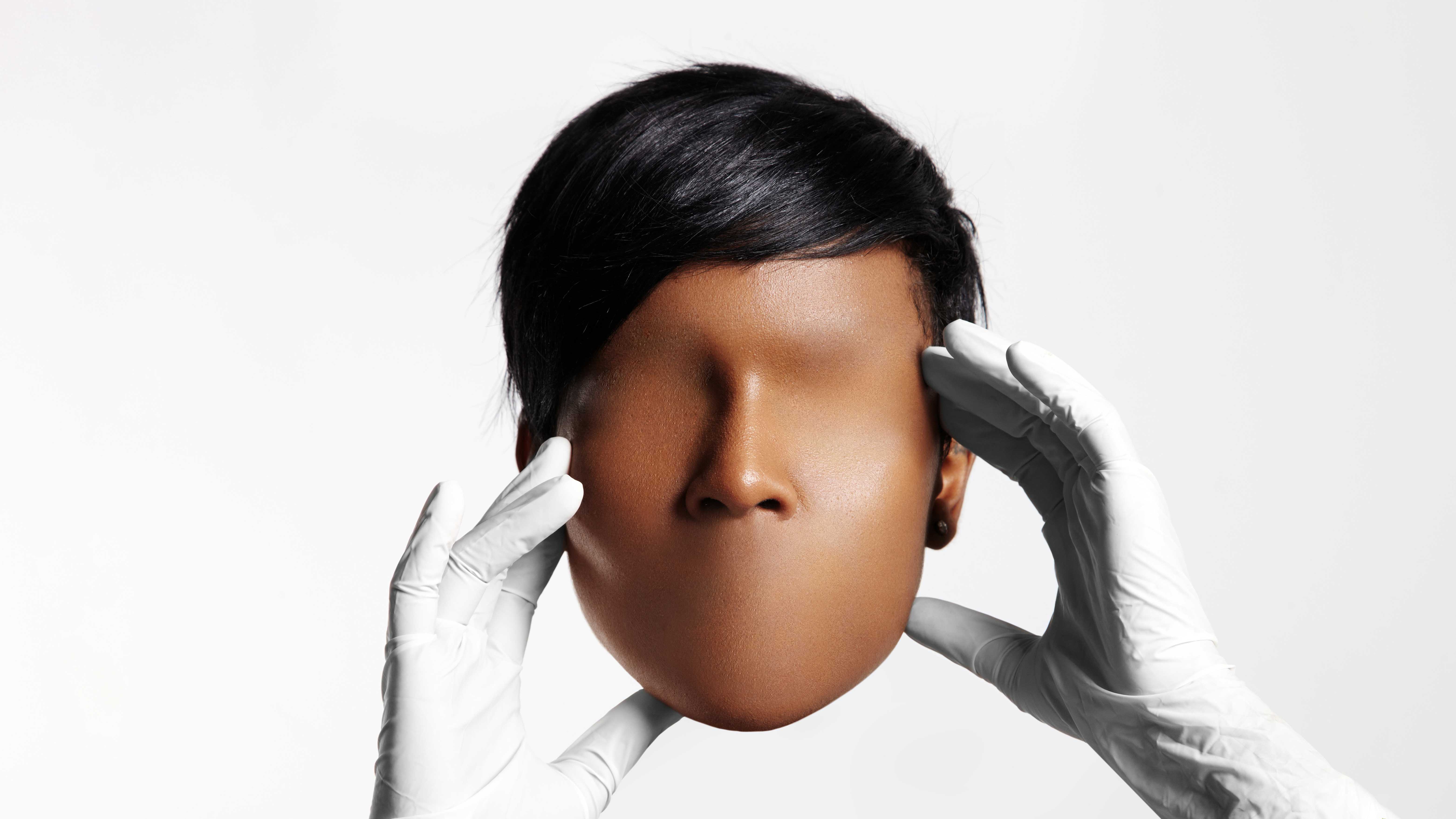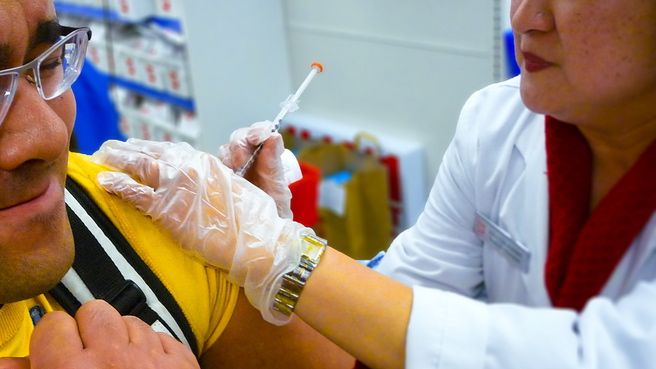Surprising Science
All Stories
The amiable idea that language shapes thought has become disconnected, in our popular culture, from any consideration of mere fact, says Mark Liberman of the U of Pennsylvania.
Ices stripped off a long-lost moon may have provided the raw materials for Saturn’s rings and inner satellites before the Titan-twin slammed into its mother planet, new research shows.
There are plenty of places on Earth that seem alien to us. The deep sea is a perfect example: it’s been said that we know more about Mars than we do about the bottom of the ocean.
For thousands of years aspirin has been humanity’s wonder drug. Taking it for five to ten years easily beats initiatives to screen for breast and prostate cancers, says The Economist.
After the Big Bang theory was challenged by British cosmologist Robert Penrose, three new papers are pushing back, saying there is no evidence of time before the Big Bang.
Some economists have suggested adjusting the supply-and-demand problem through market incentives. Instead of asking people to donate their organs, why not just pay for them?
Liberals and conservatives have different ways of looking at other people—literally. Scientists say that conservatives tend to ignore what other people look at.
In the wake of controversy over the possible discovery of arsenic-eating life last week a basic question perhaps deserves revisiting: Just what, exactly, is life?
Google thinks its Cr-48, a concept notebook computer that relies on the Web for all its software applications, can compete with computers that run all kids of installed software.
Our emotions can’t comprehend suffering on a massive scale. This is why we are riveted when one child falls down a well, but turn a blind eye to the suffering of millions of people.
Healthy living has been shown to boost brain power. It may also reduce the risk of Alzheimer’s.
An analysis of how ants quickly find new routes in a changing maze reveals techniques that could be useful to systems engineers.
Stereotypes about women actually influence how women make financial decisions, making them more wary of risk, according to a new study published in Psychological Science.
An alternative to batteries gets an advance from tiny, crumpled sheets of graphene, whose electrodes can store more charge because they have larger surface areas.
Common sense holds that your brain sees an object, and then recognizes it. But a new study shows that the reality may be the reverse. Your expectations shape what you see.
As we come to understand more about our subconscious and often irrational decision making processes, one social scientist has isolated cleanliness as a determining factor in how we act.
When it comes to changing long-standing habits, such as cigarette smoking, why not make changing old, unproductive behaviors as easy and pain-free as possible?
Microsoft has revealed a new feature that will ship with Internet Explorer 9 to help users avoid the online tracking that is now widespread on the Web.
Non-human animals are a lot smarter, and less “reflexive” or “instinct-based” than most people think. And maybe we humans are a bit more reflexive than we’d like to believe.
What is it like to suffer face blindness, where you can’t recognize faces, even ones you’ve seen before and know well? Neurologist and writer Oliver Sacks explains his experience.
McVictimization teaches Americans to think that obesity is someone else’s fault. The truth: In the vast majority of cases, obesity is a preventable condition.
New research indicates that the disease starts in one area and spreads all over the brain. Could these findings inform efforts to develop a vaccine?
Scientists always say that fusion is 20 years away, but this time the physicist says it’s for real.
People born in winter months are at greater risk of neurological disorders, including schizophrenia. We’re now starting to understand the reasons behind this phenomenon.
The rich may seem to have it all, but the upper classes are not as good as the lower classes at reading the emotions of others, perhaps because the poor rely more on others to survive.
Studies show that when a decision’s outcome is uncertain, people act more risk averse than the situation truly merits. This could spell trouble for our uncertain economic times.
Currently a Boeing 747 gets 0.2 miles per gallon; a more aerodynamic plane would reduce drag as it cruises through the air and increase lift, which translates to better fuel economy.
In recent studies, subjects who were first shown comedy film clips were able to solve more puzzles faster than those who had been shown tragic or boring clips.
We tend to think of Einstein as a highfalutin theoretical physics guru, but the physicist also worked on much more everyday tasks—like developing an energy-efficient refrigerator.
Space pioneer Elon Musk hopes to put his name in the history books once again next week, with the planned launch and recovery of the first commercially-operated spacecraft from orbit.



